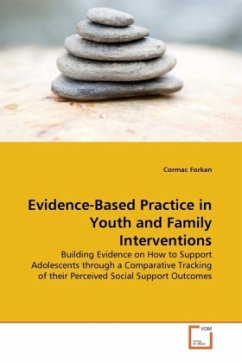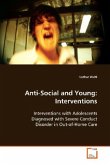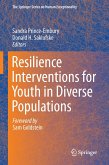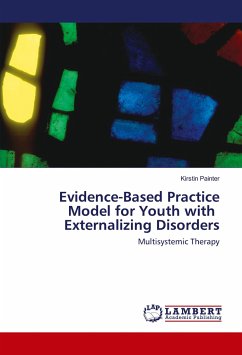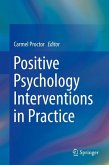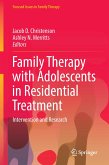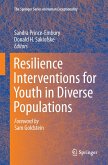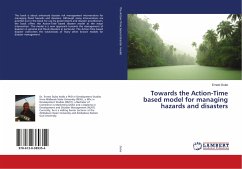Considerable public expenditure is invested in a plethora of community-based youth and family interventions in Ireland on an annual basis. However, little evidence exists to date surrounding outcomes for adolescents attending these differing community- based youth and family projects. Considering this gap in knowledge, the aim of this study is to build evidence on how to support adolescents experiencing adversity through a comparative tracking study of their perceived social support outcomes while attending either a community-based youth project (direct work with young people) or a family support project (direct work with parents and young people). Key results revealed that the majority of adolescent participants perceived that high levels of social support were available to them over time; they perceived parents as the strongest source of social support, followed by friends, while siblings were the worst source. By using the key findings, the study addresses how the future design and provision of family support services can utilise perceived social support measurement and enlistment as a tool in an evidence-based approach.

